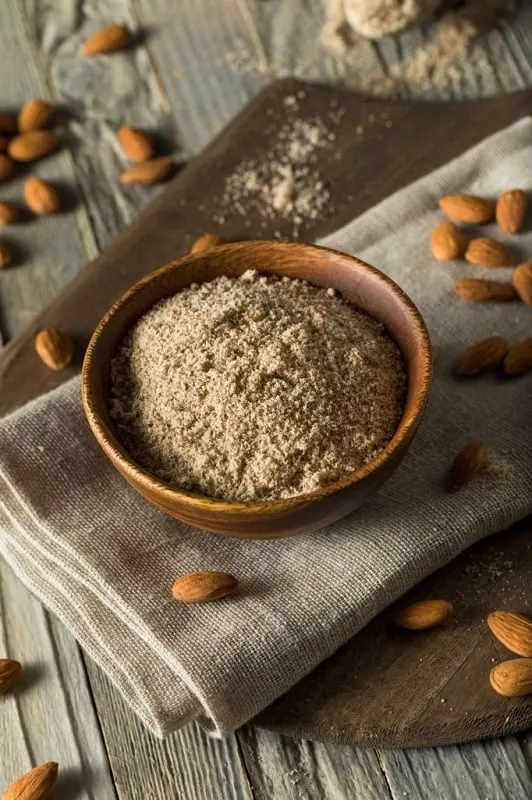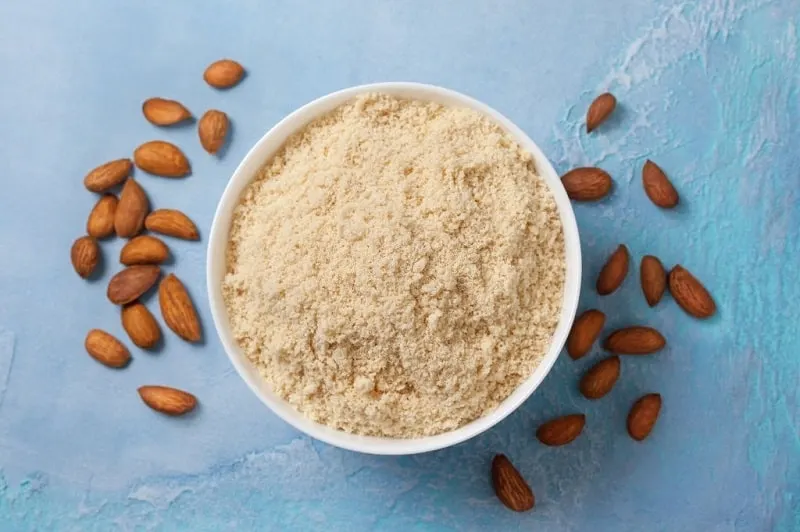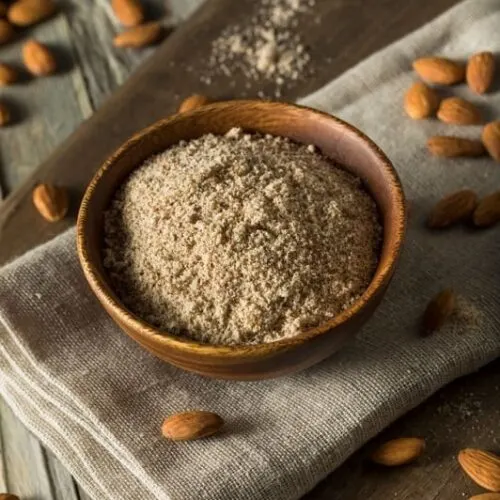Almond flour has exceptional value among the various types of flours. This is because it works wonders for a paleo diet.
It is made by letting almonds sit in boiling water to remove their skin, after which they are grinded. This entire process produces a fine flour.
As explained by Healthline, not only is almond flour rich in nutrients like vitamins and minerals, but it also helps lower blood pressure and cholesterol in addition to many other health benefits.
All these features make almond flour a sure treat for health enthusiasts and people looking to get more out of their food.
Maybe you have some stored away at home this very moment, but surely there’s a drawback to all this, right?
Well, not exactly, but in a way, yes. In case you have gotten curious and are thinking, does almond flour go bad, continue reading to find out more.
Does Almond Flour Go Bad? How Long Does Almond Flour Last?

Coming to the main question at hand, almond flour does go bad just like coconut flour. Here’s where that drawback comes into play.
While almond flour does offer immense nutritional value, it is also incredibly high in oil and fats. This property of almond flour is both a blessing and a curse.
Without all that healthy fat, it would not be as nutritious, but with it, it falls prey to spoiling quickly.
Unopened almond flour lasts for 2-4 months in the pantry, 6-12 months in the fridge and 12-24 months in the freezer after its official expiry date.
Opened almond flour lasts as long as its expiry date in the pantry and for 3-6 months in the fridge and 6-12 months in the freezer after the expiry date.
In terms of shelf life, these figures are somewhat similar to those of coconut flour. However, when compared to something like all-purpose flour, the longevity of almond flour pales in comparison.
A silver lining to this is that almond flour has great freezing potential. Freezing prolongs its Best By date by several times!
Keep in mind that while freezing is incredibly effective, keeping the flour past its expiry date will open the door for health hazards.
How to Tell If Almond Flour Is Bad? Almond Flour Shelf Life!

Since there is a high lipid content in almond flour, the indications of it starting to go bad are very obvious. These signs are listed below:
- Sour smell instead of the usual nutty smell
- Growth of pantry pests
- Bad taste
Pantry pests or insects are a common problem with nearly all types of flours. If the infestation is minor, a flour sifter works wonders.
However, if the infestation gets out of hand, you have to toss the flour.
Rancidity also remains an imminent threat when it comes to flour and the like.
The best bet against rancidity is freezing since by doing so, you can prevent contact with moisture and oxidation.
These problems would be less likely if the flour was stored in a cool and dark environment.
Conclusion

Almond flour may have won us all over with its nutritional benefits, but those advantages can be short-lived.
Nonetheless, with a steady rate of consumption and proper storage, you can make the most out of your almond flour.

Does Almond Flour Go Bad? How Long Does Almond Flour Last?
Ingredients
- Almond flour
- Air-tight containers or Ziplock bags
- Labels and markers
Instructions
- Read the guide thoroughly to learn how long it lasts.
- Label your container with the content and date and keep track of how much you’re using!
- Make sure to store in an airtight container in a cool, dark place (pantry or fridge).
